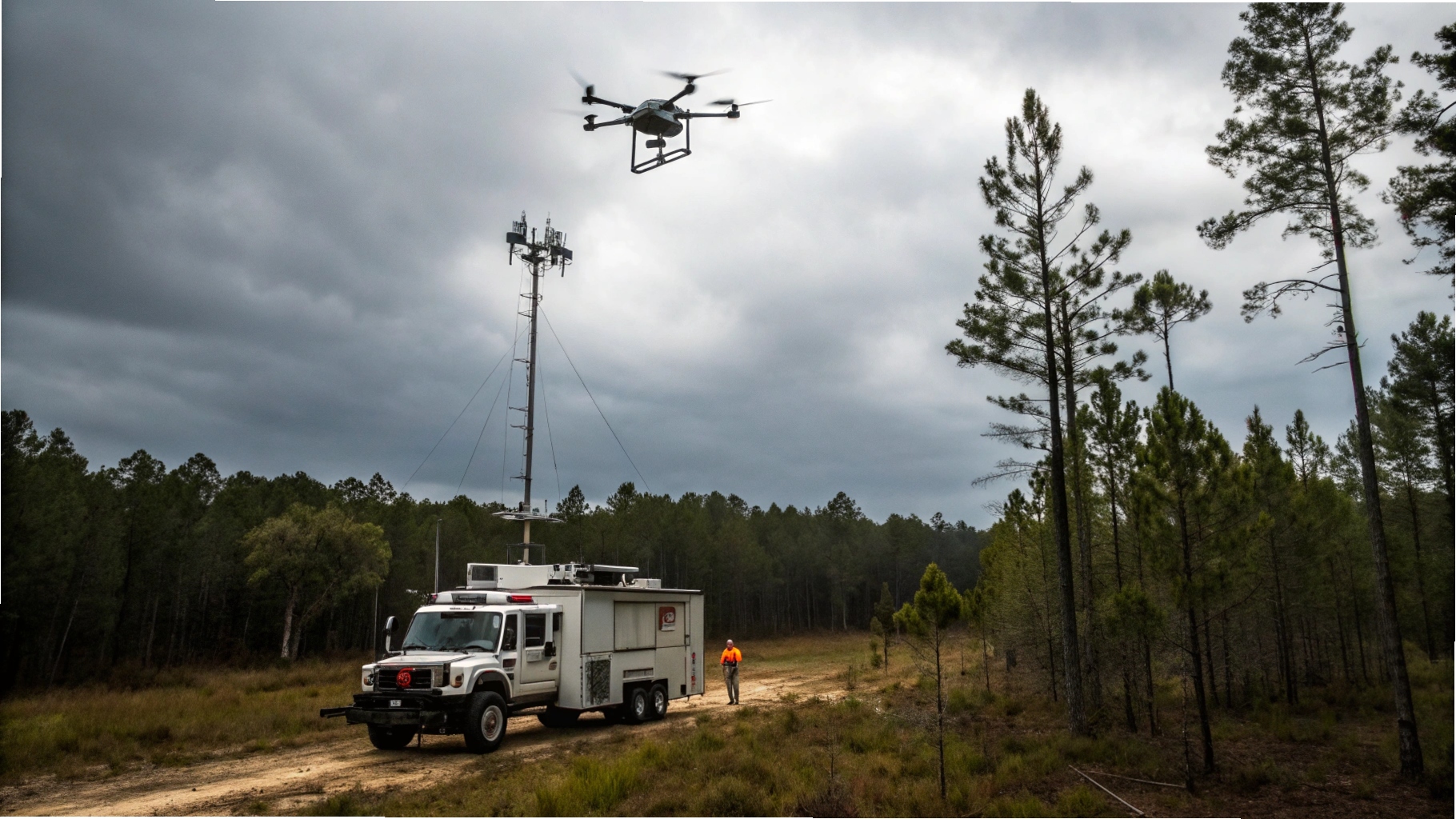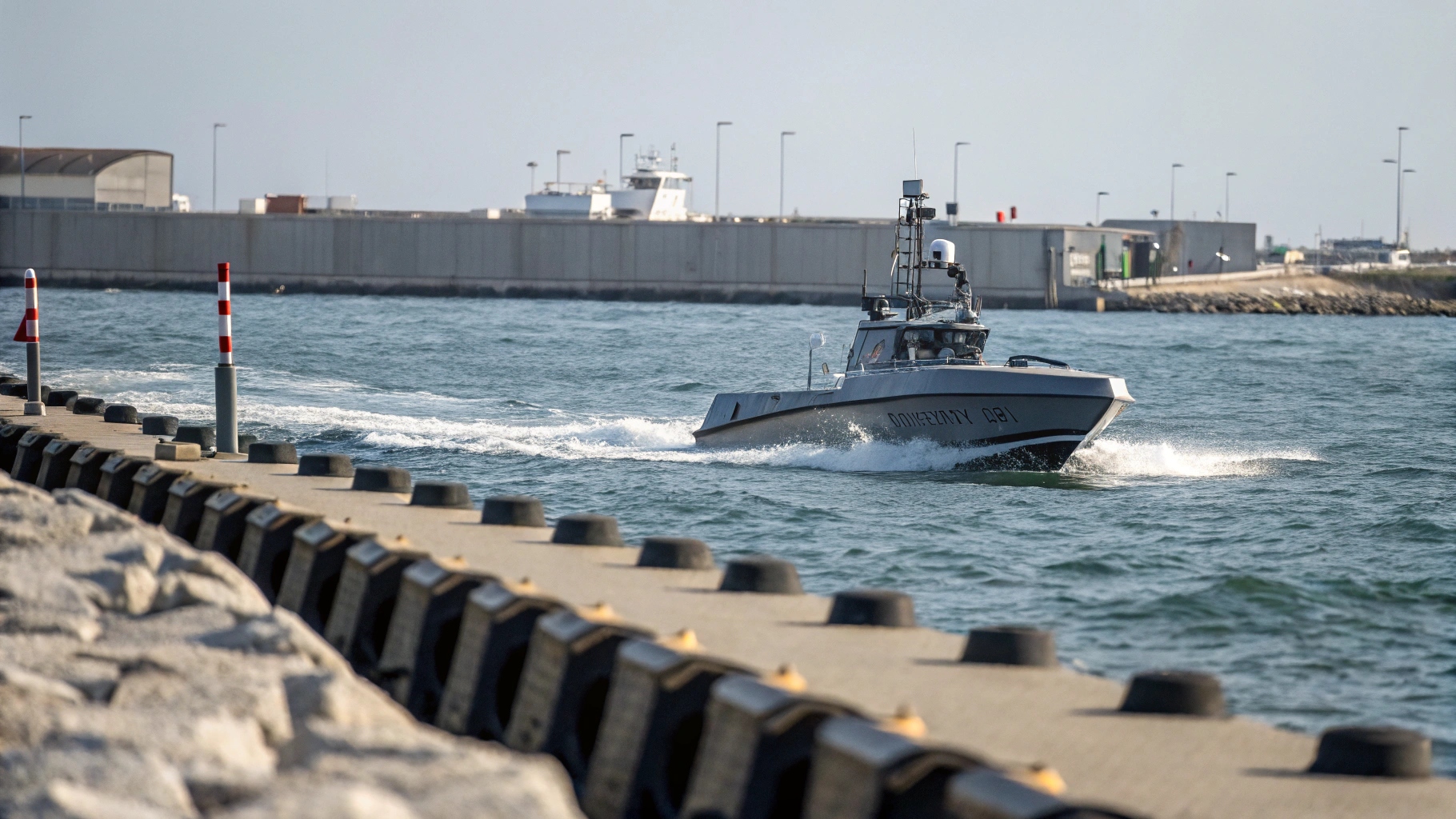
A maritime systems firm has announced the Modular Attack Surface Craft (MASC), a purpose-built family of unmanned surface vessels designed to meet demands for modular, multi-mission combatants. Engineered from the keel up rather than adapted from commercial hulls, the MASC emphasizes payload access and electrical capacity: it reportedly supports more than 67,000 pounds (≈28,122 kg) of payload, offers approximately 900 square feet (≈84 m²) of open deck space, and provides roughly 198 kilowatts of electrical power for sensors, communications, and weapons systems. The design intent is to enable integration of high-power payloads — including advanced radars, electronic warfare suites, directed-energy systems, or modular missile and sensor packages — without significant retrofitting. The platform’s open-architecture arrangement of wiring, mounting points, and modular interfaces aims to simplify mission reconfiguration, allowing operators to swap payloads and role sets in accordance with mission demands. The increased payload margin and power generation indicate a focus on sustained, power-hungry missions rather than short-duration patrol tasks. Such capabilities make the MASC attractive to navies seeking vessels that can serve as force multipliers across surveillance, strike, and support roles. The purpose-built approach contrasts with common industry approaches that adapt commercial hulls to military roles; by designing specifically for mission flexibility and electrical capacity, the platform offers a baseline suited to future sensor and weapon demands. The announcement positions the company to compete for programs that require large payload margins and significant onboard power for advanced effects, contributing to a broader trend of building unmanned combatants tailored for modularity and future growth.





